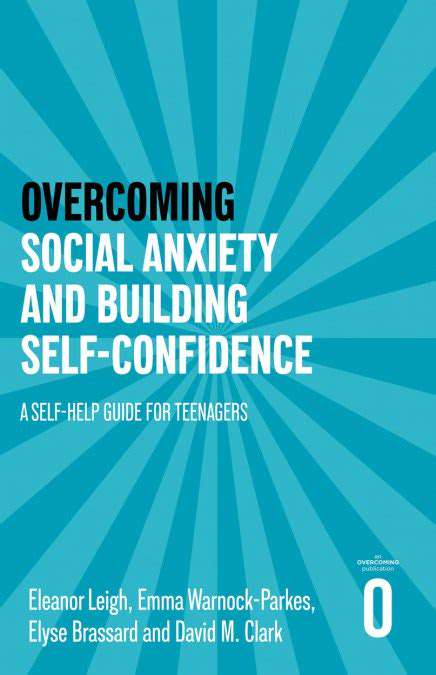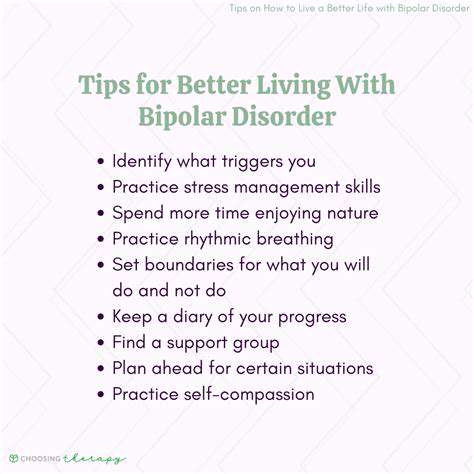Health Tips for Women After Menopause [Managing Symptoms]
Understanding the Hormonal Shift
Menopause marks a significant hormonal shift in a woman's life, leading to a decline in estrogen and progesterone levels. This hormonal fluctuation can manifest in various ways, impacting physical and emotional well-being. Understanding the complex interplay of these hormones is crucial for effectively managing the associated symptoms and developing personalized strategies for coping with the changes. This understanding empowers women to make informed decisions about their health and well-being during this transition.
Recognizing the specific hormonal changes that occur during menopause is vital for developing effective strategies to manage the symptoms. This knowledge allows for a proactive approach to health management, enabling women to take control of their well-being and feel empowered to navigate this stage of life.
Dietary Strategies for Symptom Relief
Adopting a balanced and nutritious diet can significantly impact menopausal symptoms. Consuming a diet rich in fruits, vegetables, and whole grains provides essential vitamins, minerals, and antioxidants that support overall health and well-being. Incorporating foods rich in calcium and vitamin D is crucial for maintaining bone health, which is often compromised during this phase. A diet low in processed foods, refined sugars, and saturated fats can also help manage symptoms like hot flashes and mood swings.
Specific dietary approaches, such as the Mediterranean diet, have shown promising results in mitigating menopausal symptoms. These diets emphasize nutrient-rich foods, healthy fats, and plant-based proteins, promoting overall health and well-being.
Lifestyle Adjustments for Comfort
Making certain lifestyle adjustments can significantly improve comfort and well-being during menopause. Regular exercise, such as walking, swimming, or yoga, can help manage stress, improve mood, and boost energy levels. Stress management techniques, like meditation or deep breathing exercises, can help alleviate anxiety and irritability. Ensuring adequate sleep is vital for overall health and can play a significant role in regulating mood and energy levels. Prioritizing sleep hygiene, creating a relaxing bedtime routine, and establishing a consistent sleep schedule can significantly enhance sleep quality.
Managing Hot Flashes and Night Sweats
Hot flashes and night sweats are common menopausal symptoms that can significantly impact sleep quality and daily activities. Strategies like wearing light, breathable clothing, staying hydrated, and maintaining a cool room temperature can help alleviate discomfort. Certain lifestyle factors like stress and caffeine intake can exacerbate these symptoms, so identifying and minimizing these triggers can be beneficial.
Mindfulness and Emotional Well-being
Menopause can bring about emotional fluctuations, and incorporating mindfulness practices can be beneficial. Techniques like meditation and yoga can help manage stress, anxiety, and mood swings. Connecting with a support system of friends, family, or support groups can also provide emotional comfort and understanding during this transition. Seeking professional guidance from a therapist or counselor can provide further support and strategies for navigating emotional challenges.
Seeking Professional Guidance
Consulting with a healthcare professional is essential for developing a personalized approach to managing menopausal symptoms. Doctors can provide valuable insights into potential underlying health concerns and recommend appropriate therapies or treatments. They can also assess individual needs and recommend strategies tailored to specific symptoms. Regular check-ups are crucial to monitor overall health and detect any potential complications related to menopause.

Maintaining Bone Health: Preventing Osteoporosis
Understanding Osteoporosis
Osteoporosis, a condition characterized by weakened bones, is a significant concern for women after menopause. The hormonal shifts that occur during and after menopause often lead to a reduction in bone density, making bones more susceptible to fractures. Understanding the underlying mechanisms of bone loss is crucial for developing effective preventative strategies.
This bone weakening process happens gradually, often without noticeable symptoms in the early stages. Early detection and proactive measures are key to maintaining bone health and preventing serious complications later in life.
Dietary Strategies for Bone Health
A balanced diet rich in calcium and vitamin D is essential for maintaining optimal bone density. Calcium is the primary building block of bones, while vitamin D aids in the absorption of calcium from the diet. Foods like dairy products, leafy green vegetables, and fortified cereals are excellent sources of these vital nutrients.
Incorporating a variety of calcium-rich foods into your daily meals is important, and consider supplements if dietary intake isn't sufficient. Consult with a healthcare professional to determine the appropriate dosage of supplements, if needed, and ensure they complement your overall dietary plan.
The Importance of Weight-Bearing Exercise
Weight-bearing exercises, such as walking, jogging, dancing, and stair climbing, are crucial for stimulating bone growth and maintaining bone density. These activities put stress on the bones, prompting them to become stronger and denser.
Regular physical activity, including weight-bearing exercises, not only contributes to bone health but also enhances overall cardiovascular health and muscular strength, further improving quality of life.
The Role of Hormonal Balance
Menopause significantly impacts a woman's hormonal balance, leading to a decrease in estrogen levels. Estrogen plays a vital role in maintaining bone density, and its decline after menopause can contribute to bone loss. Understanding the hormonal changes associated with menopause is essential for developing personalized strategies to mitigate the impact on bone health.
Lifestyle Factors and Bone Health
Beyond diet and exercise, several lifestyle factors play a crucial role in maintaining bone health. Smoking, excessive alcohol consumption, and a sedentary lifestyle can all negatively impact bone density. Quitting smoking, moderating alcohol intake, and incorporating regular physical activity are vital steps in preventing bone loss.
Maintaining a healthy weight is also beneficial, as being significantly underweight or overweight can increase the risk of osteoporosis. A balanced lifestyle that includes regular exercise, a nutritious diet, and stress management techniques can significantly contribute to overall well-being, including bone health.
The Significance of Regular Checkups
Regular checkups with your doctor are essential for monitoring bone health and detecting potential problems early. Bone density scans, also known as DEXA scans, can help determine bone mineral density and assess the risk of osteoporosis. Early intervention can significantly improve treatment outcomes and prevent further bone loss.
Don't hesitate to discuss your concerns about bone health with your doctor. Open communication and proactive measures are key to maintaining strong bones and preventing osteoporosis as you transition through menopause.
Establishing achievable goals is crucial for sustained motivation and progress tracking. Setting overly ambitious targets can lead to frustration and discouragement, hindering your ability to maintain momentum. Instead, break down large objectives into smaller, manageable steps. This approach allows you to celebrate milestones along the way, reinforcing positive behavior and fostering a sense of accomplishment. Realistic goals provide a clear pathway towards your desired outcome, making the journey more enjoyable and motivating.

Read more about Health Tips for Women After Menopause [Managing Symptoms]
Hot Recommendations
-
*Guide to Managing Gout Through Diet
-
*Best Habits for Financial Well being
-
*How to Build a Routine for Better Mental Health
-
*How to Eat Healthy on a Budget [Tips & Meal Ideas]
-
*Guide to Practicing Self Acceptance
-
*How to Incorporate More Movement Into Your Day
-
*Guide to Managing Chronic Pain Naturally
-
*Guide to Building a Reading Habit for Well being
-
*Top 5 Weight Loss Supplements That Actually Work
-
*Best Exercises for Postpartum Recovery [Beyond Abdominal Work]







![Guide to Heart Health for Women [Unique Risks & Prevention]](/static/images/26/2025-05/BeyondtheBasics3AAddressingSpecificConcerns.jpg)



